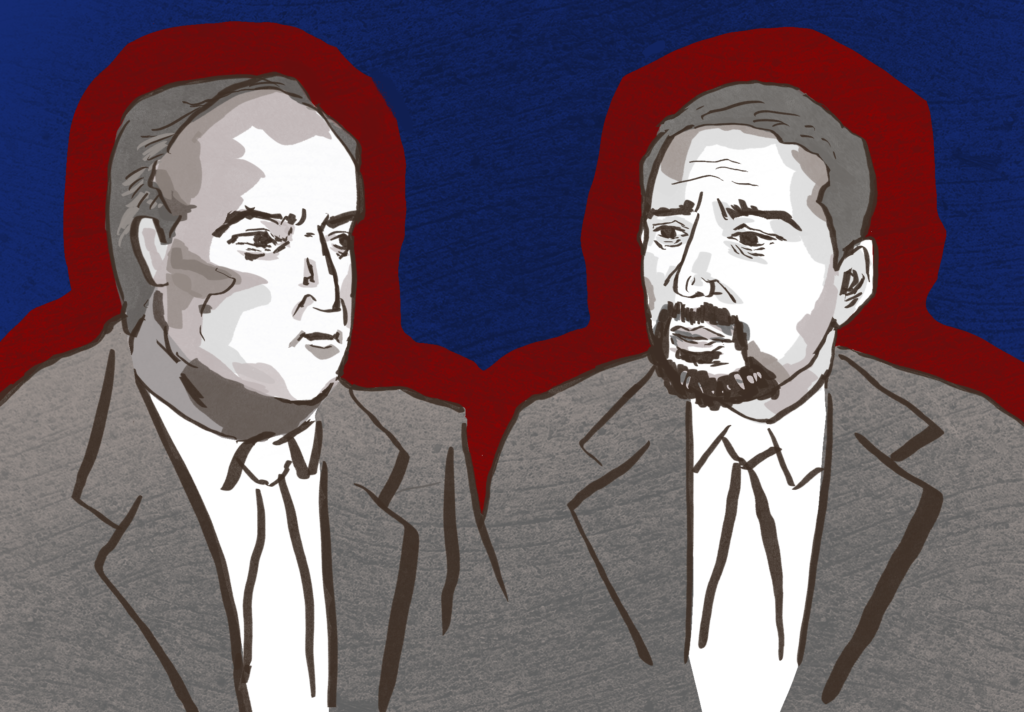
Choate students joined the New Haven Climate Movement on September 20. Photo courtesy of Charissa Lin
On Friday, September 20, people around the world flooded the streets, demanding that their governments take action against climate change. The movement was led by youth activists that have been planning the strikes for more than a year. In the United States, the organization U.S. Youth Climate Strike, a self-described “grassroots movement of youth who demand bold action to put an end to the climate crisis,” organized strikes in each of the 50 states. The huge turnout at each of these events shows that Americans are ready for change. The United States government must take a leading role in combating climate change, not only to save the planet but also to uphold American values.
An often-overlooked aspect of climate change is how it disproportionately affects people of color in the United States. According to the National Congress of American Indians, “Indigenous peoples of North America are disproportionately vulnerable to climate change” because nearly all tribes are located in areas that are sensitive to extreme weather or have economies that are dependent on climate-sensitive resources. This means that whatever difficulties most Americans face when dealing with the effects of climate change are tenfold for indigenous people. According to the Huffington Post, “more than 80 percent of Latinos live in counties that violate at least one federal air-pollution law and Latino children are two and a half times more likely to develop asthma than non-Latinos.” This is only one example of how people of color in the United States are facing the effects of climate change more than others. If people are to be treated equally in the United States, why are some forced to live in communities where simply breathing the air makes them sick?
The unconstitutionality of government inaction on issues of climate change is made clear in the case of Juliana v. United States. According to lawsuit, the United States government is taking away the 21 young plaintiffs’ “rights to life, liberty, property, and public trust resources [through] federal government acts that knowingly destroy, endanger, and impair the inalienable climate system that nature endows.” By allowing climate change to continue making our planet uninhabitable, the United States government is in direct violation of our right to live. The fight against climate change is, quite literally, the fight for our lives.
Many say that the cost of implementing environmental programs is too much for the United States to be paying for something that will end up benefiting countries that do not contribute as much. However, this logic does not take into account the long-term effects of inaction. It will cost governments around the world, including the United States, less in the long-term to start investing in the environment now and prevent further damage than it will to wait and then have to be on damage control forever. The MIT Technological Review says that although “[s]witching from fossil fuels to low-carbon sources of energy will cost $44 trillion between now and 2050…the world actually comes out slightly ahead: the costs of switching will be paid for in fuel savings between now and 2050.” In fact, the United States should be paying more than most other countries because, according to the Union of Concerned Scientists, the United States is the country with the second highest emissions of carbon dioxide in the world.
The United States cannot be considered a global leader if it is not willing to take initiative on something as dire as climate change, a problem that it played a big part in creating. The effects of climate change are no longer faraway problems. My generation is feeling the effects right now. We cannot afford to be complacent anymore — our existence depends on our action.




